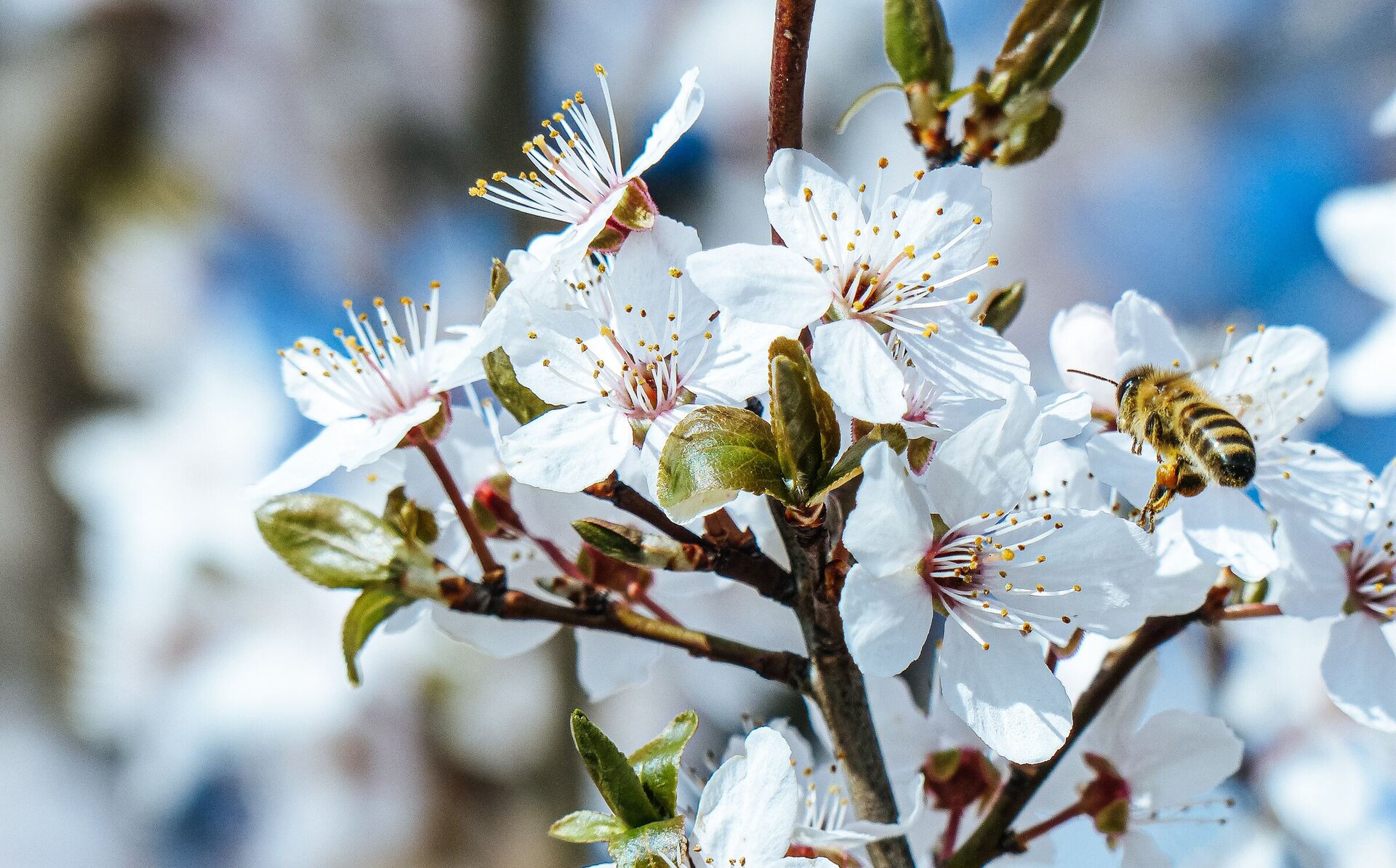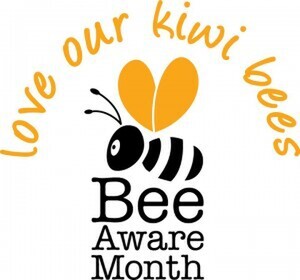September is the month we dedicate to celebrating our New Zealand bees! It's a great time to remind us all how important bees are to New Zealand's environment, biodiversity and economy.
Show Me the Honey
This year ApiCulture NZ has set the theme as 'Show Me the Honey'. Over $5 billion of New Zealand agricultural exports depend on bees and bees pollinate about 1/3 of everything we eat! Honey is a wonderful natural healer with multiple uses. There are some many different types, flavours, textures and aromas. NZ produces approximately 7,440 tonnes of honey each year (and increasing every season), with about half of this being exported. And of course our special manuka honey is some of the highest valued honey in the world! NZ honey is something to be celebrated!
Bee Populations in NZ
The great news is that, according to ApiCulture NZ, New Zealand's bee population has increased substantially over the last few years, with more hobby beekeepers and small & large beekeeping business coming into the arena. NZ is nearing 700,000 beehives (up from 300,000 15 years ago) and there are close to 7,000 beekeepers in NZ and that number is growing. This is fantastic news but we can't sit back and expect this to continue, there are signs that the varroa mite is becoming resistant to treatments and with such a high demand for honey, like manuka, there is a risk of bees health declining if bees are not taken care of properly.
Bee Health
Bees around the world are in trouble. A world without bees would be a very bleak place indeed. Much of our food depends on pollination by bees as do our gardens and a lot of other products we rely on. Bee numbers worldwide are in decline and we must do all that we can to protect them. Bees are being attacked by a number of major pests and diseases. There are also suffering from a decline in nutritional forage for bees. Nutritional stress is considered to be one of the main factors behind large-scale bee losses. Lack of food also compromises the bees’ resistance to pests and diseases. Another major problem are pesticides and sprays which harm bees in a number of ways.
While New Zealand bees are not as threatened as bees in other countries, events like Bee Aware Month are crucial to raising public awareness to prevent similar losses occurring here.
How can we help?
One of the best things we can do is make sure there is enough food for our kiwi bees. We can do this by planting ‘bee friendly’ plants; in our gardens, on our farms, in our public gardens and even along our roadsides. For a list of bee friendly plants go to www.treesforbeesnz.org/garden or check out our list of plants to grow.
We can also be careful how we use pesticides in our gardens. Try to avoid using any chemical sprays in your gardens at all. But if you have to spray make sure it is in the late evening after bees have gone to bed. Don’t spray while plants are flowering and avoid spraying plants that you see bees feeding on. You can also check the labels on garden sprays and avoid products containing neonicotinoids.
There are lots of other ways to help our New Zealand bees, read our 'Helping NZ Bees' article on other ideas.







